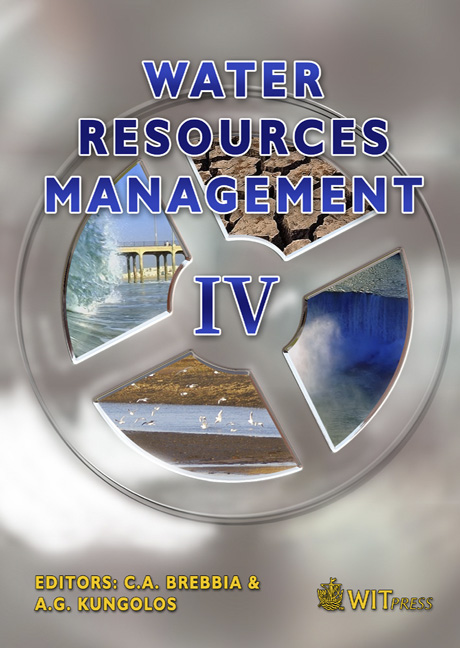Preventing Waste Oil From Polluting River And Coastal Sea Environments By A Novel Technology
Price
Free (open access)
Transaction
Volume
103
Pages
10
Published
2007
Size
536 kb
Paper DOI
10.2495/WRM070521
Copyright
WIT Press
Author(s)
M. Sumimoto1 & T. Azuma2
Abstract
Every day, a huge amount of waste lubricating oil (LO) is generated worldwide. It is feared that some of this waste oil is discarded or slips into the environment. We developed a novel technology that enables semi-permanent use of LO without generating any waste, compensating for lost oil and reducing LO consumption. This technology keeps LO clean much like our kidneys clean our blood; the technology is therefore called a kidney system. The kidney system has been working well in many marine and cogeneration diesel engines, hydraulic machines, and machine workshops. The authors have also applied the kidney system to various environmental problems by custom remodelling it for each specific application. Focusing on preventing pollution of coastal sea, this paper reports the authors’ rationale for this research and the waste oil situation both in Japan and abroad and gives an outline of the technology we developed. Furthermore, a case in which the authors succeeded in preventing waste oil from polluting rivers and neighbouring coastal sea is presented. The waste oil was generated in air compressors of a fertilizer plant as a mixture of LO and cooling water; i.e. emulsion of oil in water (O/W). Keywords: no waste oil, semi-permanent use of engine oil, emulsion of oil in water, waste oil from compressors, fertilizer plants, slip of oil, pollution of river and coastal sea. 1 Introduction The authors have been engaged in developing a system of technologies for provision of clean fuel oil, clean lubricating oil (LO) [1], and clean water [2].
Keywords
no waste oil, semi-permanent use of engine oil, emulsion of oil in water, waste oil from compressors, fertilizer plants, slip of oil, pollution of river and coastal sea.





